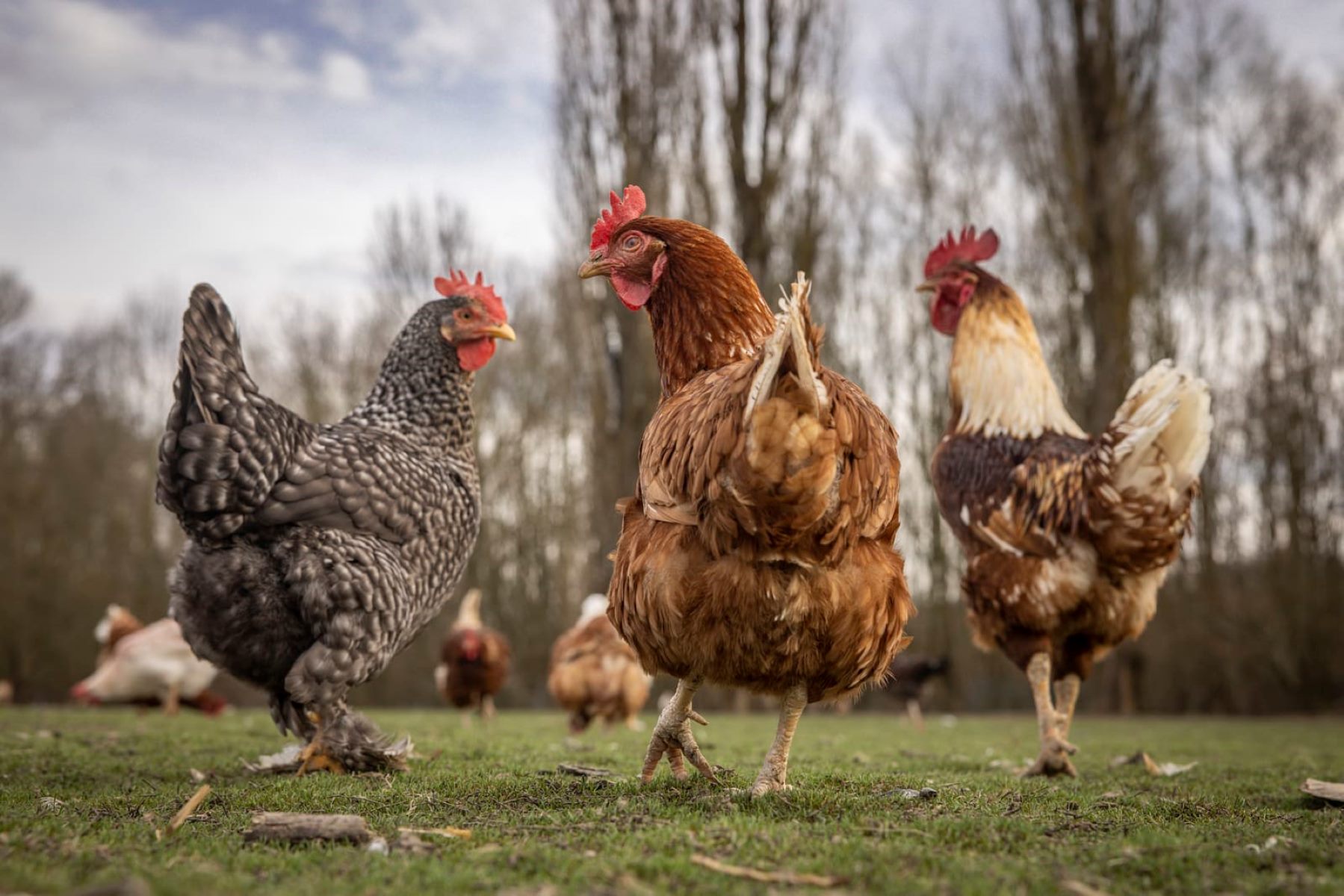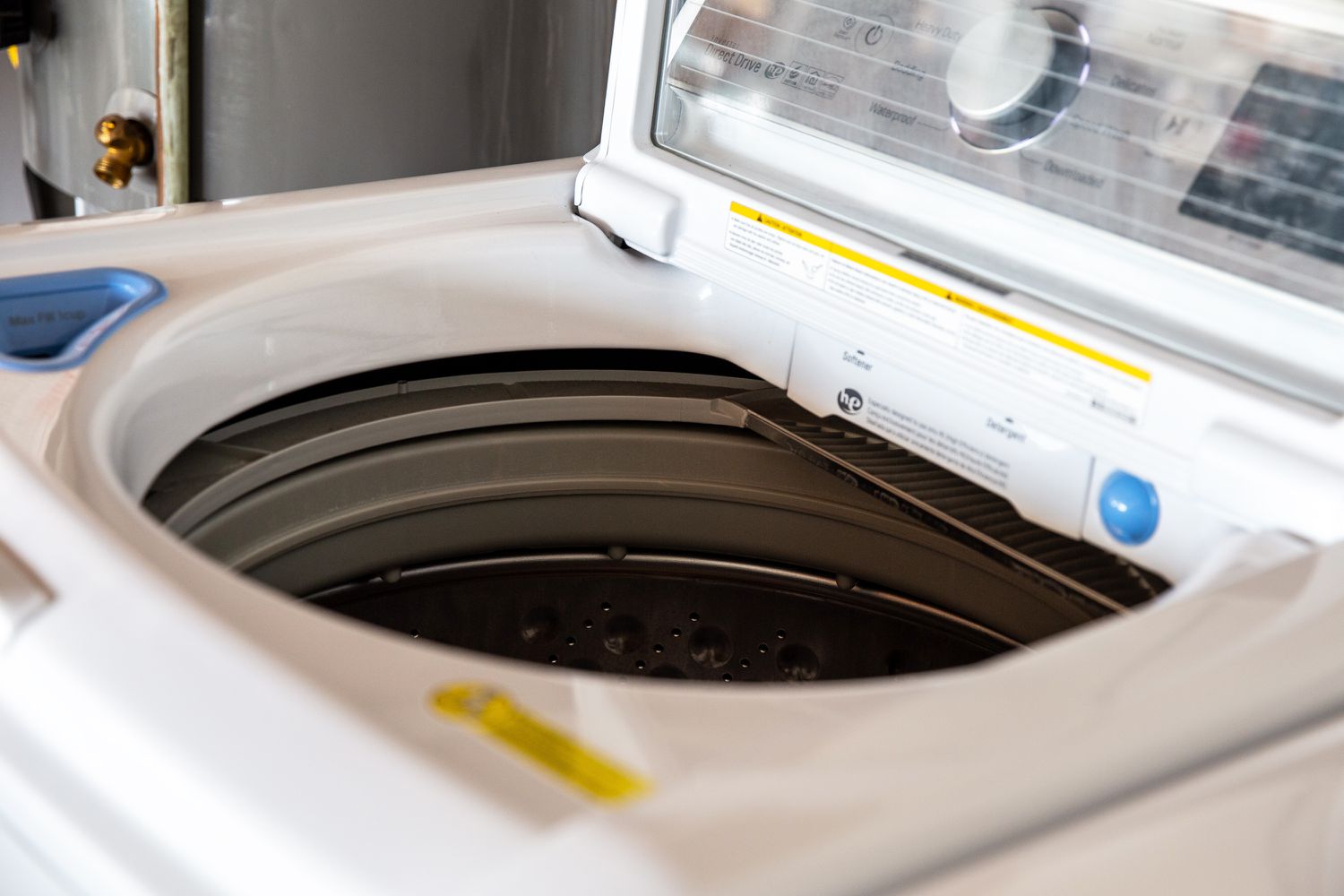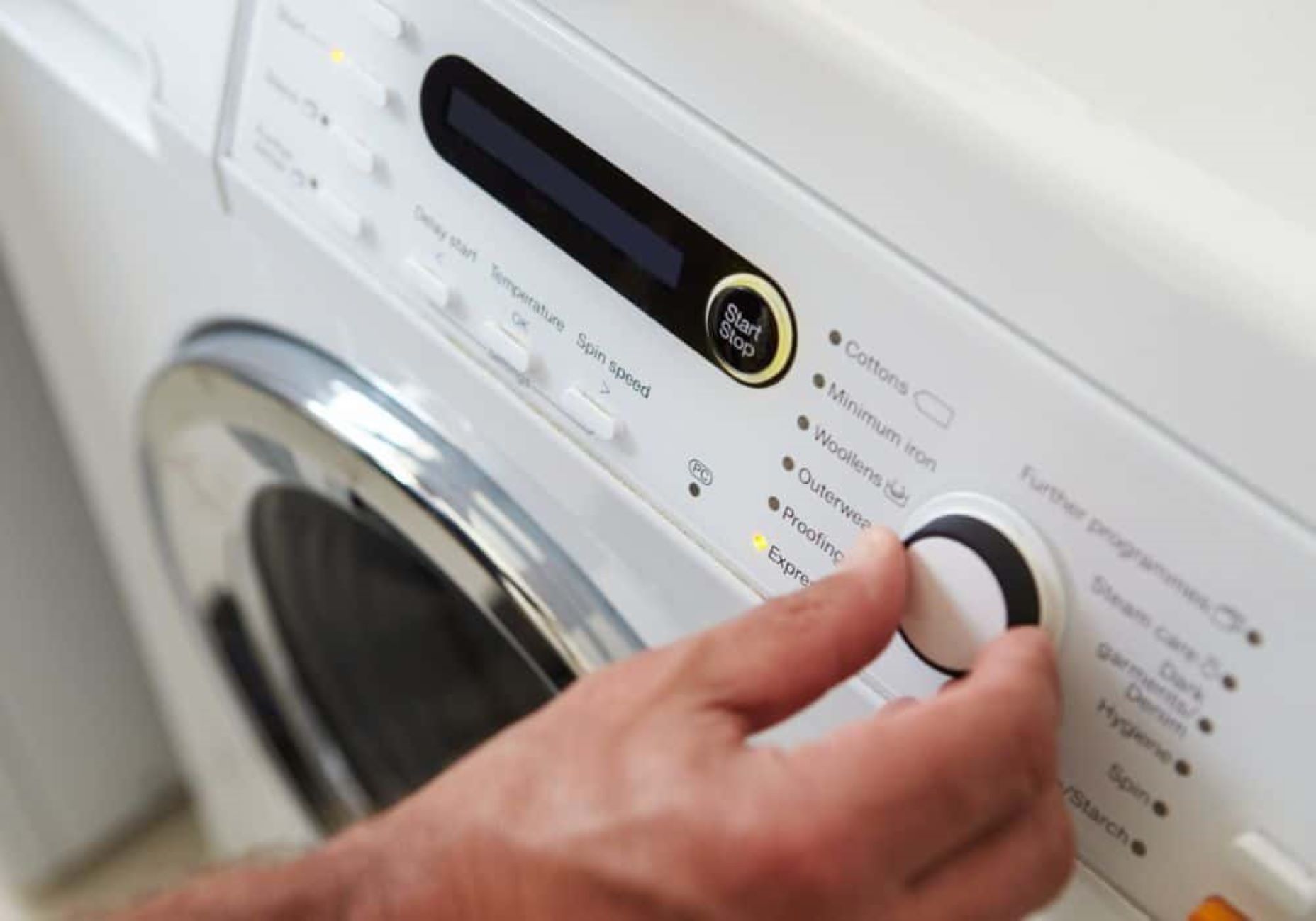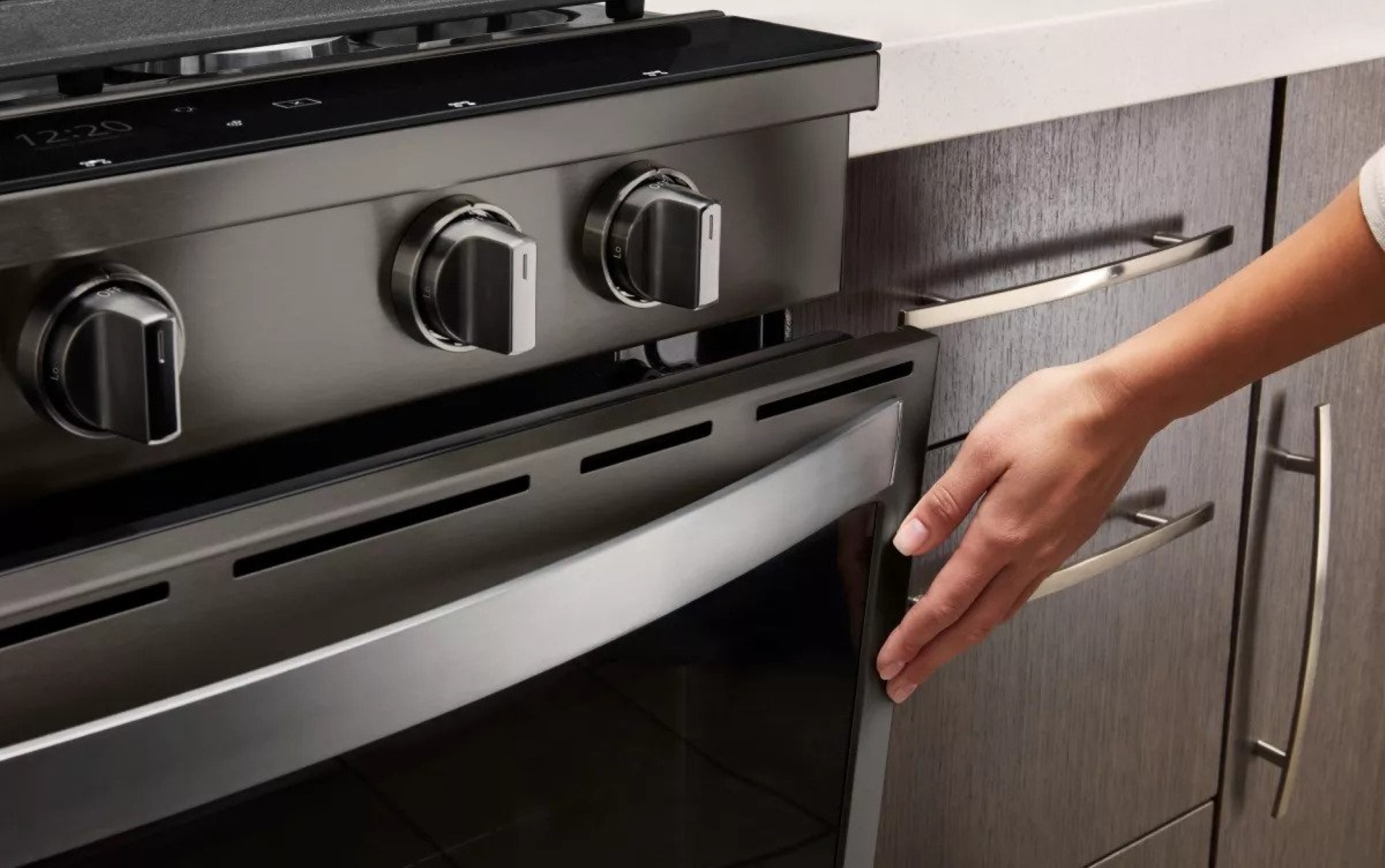Home>Ideas and Tips>Beginner’s Guide To Raising Chickens In Your Backyard


Ideas and Tips
Beginner’s Guide To Raising Chickens In Your Backyard
Published: October 31, 2024
Learn how to raise chickens in your backyard with our beginner's guide. Get tips on choosing breeds, setting up a coop, feeding, and more.
(Many of the links in this article redirect to a specific reviewed product. Your purchase of these products through affiliate links helps to generate commission for Storables.com, at no extra cost. Learn more)
Raising chickens in your backyard can be a rewarding and enjoyable hobby, providing you with fresh eggs, a sense of accomplishment, and the opportunity to connect with nature. However, it requires careful planning, attention to detail, and a commitment to providing the best possible care for your feathered friends. In this comprehensive guide, we will walk you through the essential steps and considerations involved in raising chickens in your backyard.
Is Raising Chickens Legal in Your Area?
Before you start your backyard chicken-keeping journey, it is crucial to check if raising chickens is legal in your area. Many cities and towns have specific ordinances regarding backyard chickens, so it's essential to verify these regulations before bringing home your first flock. Some areas may have restrictions on the number of chickens you can keep, the size of the coop, or even the type of chickens you can raise.
Read more: A Beginner’s Guide To Raising Goats
Choosing the Right Breed
With over 300 breeds of chickens available, selecting the right one for your backyard can be overwhelming. Here are some factors to consider when choosing a breed:
- Egg Production: If you're looking for chickens that will provide you with a steady supply of eggs, consider breeds like Leghorns, Rhode Island Reds, or Barred Rocks.
- Size: If you have limited space, smaller breeds like Bantams or Polish chickens might be more suitable.
- Temperament: Some breeds are known for their friendly and docile nature, making them perfect for families with children. Examples include Silkies and Orpingtons.
- Hardiness: If you live in an area with extreme weather conditions, choose breeds that are known for their hardiness, such as Plymouth Rock or Wyandotte.
Setting Up Your Coop
The coop is the heart of your backyard chicken-keeping operation. It needs to be safe, secure, and well-ventilated to ensure the health and well-being of your chickens. Here are some key considerations when setting up your coop:
- Size: The coop should provide enough space for your chickens to stand up comfortably, turn around, and lie down. A good rule of thumb is to provide at least 3-4 square feet of space per chicken.
- Materials: You can use wood, metal, or even repurposed materials like old pallets to build your coop. Make sure it is durable and can withstand the elements.
- Ventilation: Adequate ventilation is crucial to prevent ammonia buildup from droppings and keep your chickens healthy. Add windows and vents to ensure good airflow.
- Predator Protection: Secure your coop with hardware cloth or chicken wire to protect your chickens from predators like raccoons, foxes, and hawks.
- Nesting Boxes: Include nesting boxes in the coop where your hens can lay their eggs. A good rule of thumb is to provide one nesting box per three hens.
Run and Fencing
While the coop provides shelter for your chickens, they also need a safe area to roam and exercise. This is where the run comes in—a fenced area where your chickens can move around freely.
- Size: The run should be large enough for your chickens to move around comfortably but not so large that it becomes impractical to manage. A good size is about 8-10 square feet per chicken.
- Fencing: Use sturdy fencing materials like chicken wire or hardware cloth to prevent predators from getting in and your chickens from escaping.
- Covered Runs: Consider adding a roof or canopy over the run to protect your chickens from the elements and provide shade.
Feeding Your Chickens
Feeding your chickens is an essential part of their care. Here are some tips on what to feed them:
- Layer Feed: If you're raising chickens for eggs, use layer feed which is formulated specifically for egg production.
- Grain: Supplement their diet with grains like oats or barley for added nutrition.
- Fresh Fruits and Vegetables: Provide fresh fruits and vegetables like carrots, apples, and leafy greens as treats.
- Water: Ensure access to clean water at all times. Change the water frequently to prevent bacterial growth.
Health and Hygiene
Maintaining good health and hygiene is crucial for your chickens' well-being.
- Vaccinations: Consult with a veterinarian about vaccinations that may be necessary depending on your location and the health status of your flock.
- Parasite Control: Regularly check for parasites like mites, lice, and fleas. Use appropriate treatments as needed.
- Diseases: Be aware of common diseases like avian influenza and take preventive measures such as keeping your coop clean and providing adequate ventilation.
- First Aid Kit: Keep a first aid kit handy with supplies like bandages, antiseptic wipes, and tweezers.
Egg Collection
Collecting eggs from your backyard flock can be a delightful experience. Here are some tips:
- Nesting Box Maintenance: Clean out the nesting boxes regularly to ensure they remain free from debris and odors.
- Egg Handling: Handle eggs gently to avoid cracking them. Store them in a cool place away from direct sunlight.
- Egg Storage: Use egg cartons or containers specifically designed for storing eggs to keep them clean and organized.
Tips for Beginners
Here are some additional tips specifically for beginners:
- Start Small: Begin with a small flock of two or three chickens to get accustomed to caring for them before expanding your operation.
- Join Local Groups: Connect with local chicken-keeping groups or online forums for advice and support from experienced keepers.
- Be Patient: Raising chickens requires patience as they grow and mature over time. Enjoy the process and learn as you go!
Conclusion
Raising chickens in your backyard can be a rewarding hobby that provides fresh eggs and a sense of accomplishment. By following these guidelines—checking local regulations, choosing the right breed, setting up a safe coop and run, feeding them properly, maintaining health and hygiene standards, collecting eggs carefully—and being patient throughout the process—you'll be well on your way to becoming an experienced backyard chicken keeper.
Remember that every backyard is unique, so be prepared to adapt these guidelines based on your specific situation. Happy chicken keeping!
This article should provide a comprehensive guide for anyone interested in starting their backyard chicken-keeping journey. Whether you're looking to raise chickens for eggs or simply enjoy their company, this guide covers all the essential steps and considerations involved in raising healthy and happy chickens in your backyard.
Was this page helpful?
At Storables.com, we guarantee accurate and reliable information. Our content, validated by Expert Board Contributors, is crafted following stringent Editorial Policies. We're committed to providing you with well-researched, expert-backed insights for all your informational needs.















0 thoughts on “Beginner’s Guide To Raising Chickens In Your Backyard”